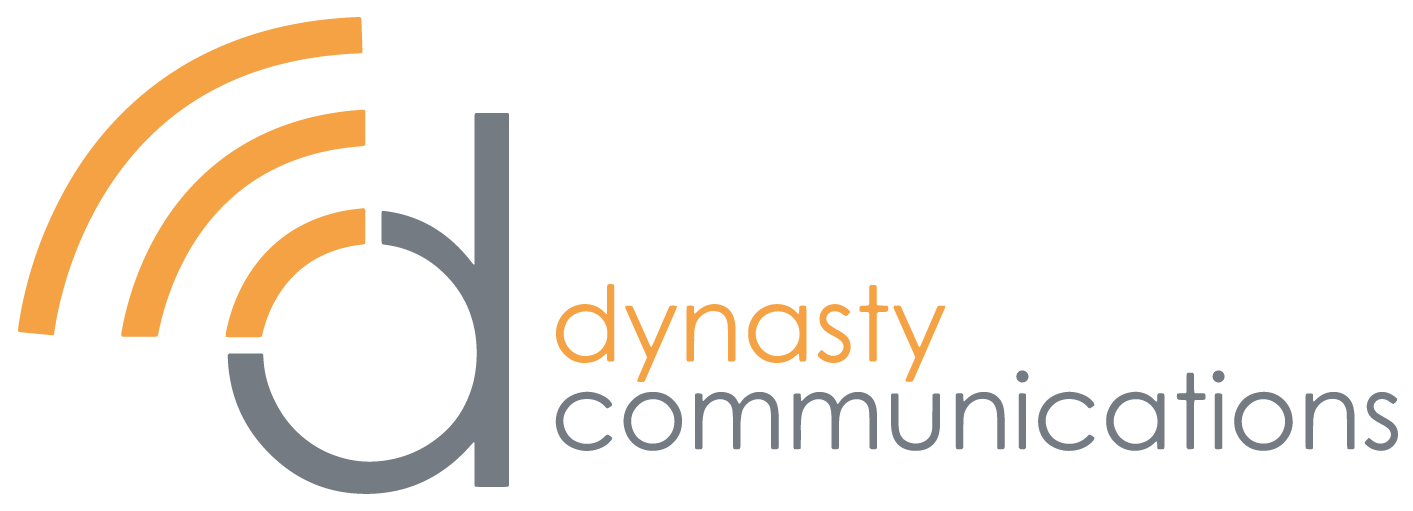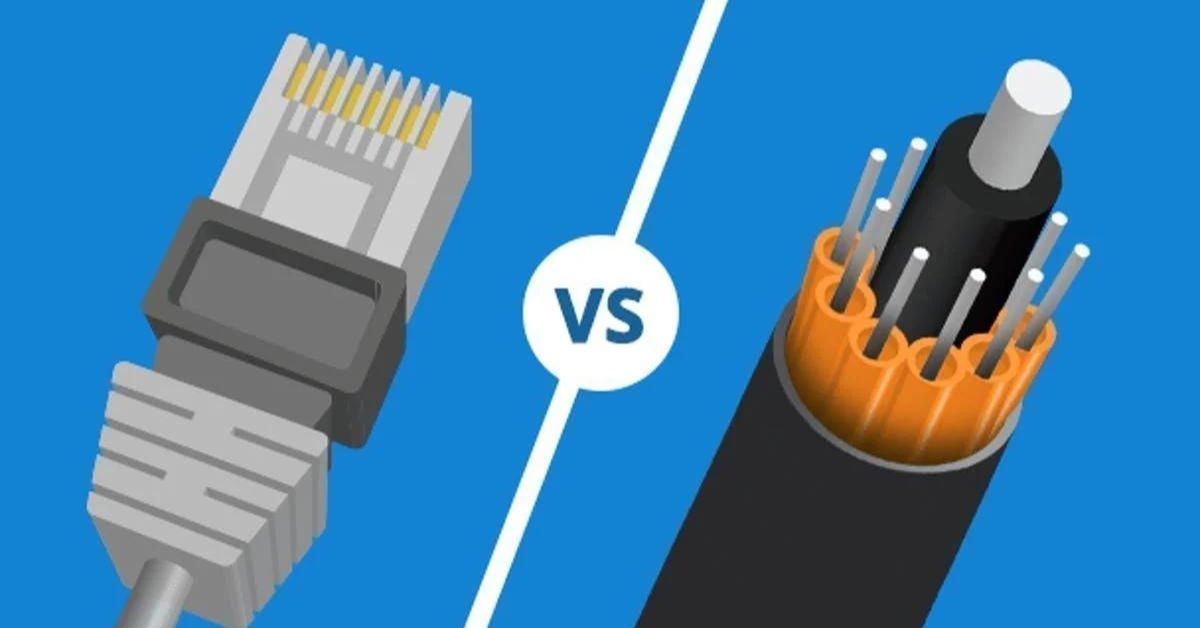In our interconnected world, where digital connectivity is as essential as any utility, the quest for the fastest evolution of technology and service offerings is a must.
Among the many options, the distinction of broadband vs fiber internet stands as an essential consideration. Understanding this disparity is related to solving the roadmap toward seamless and efficient online experiences.
As individuals and businesses increasingly rely on high-speed internet for work and communication, the choice between broadband and fiber becomes a critical decision point. Both terminologies often intertwine in discussions about internet connectivity, speed, reliability, and overall performance.
In the pursuit of the fastest internet providers, the differentiation between broadband and fiber emerges as a key factor influencing the selection process.
Examining these differences sheds light on the characteristics and capabilities of each, guiding users toward customized solutions that best suit their need for high-speed, reliable internet access.
What is Fiber-Optic?
Fiber-optic technology involves the use of these specialized cables to transmit data at high speed by sending light signals down the fibers. The core of a fiber-optic cable is surrounded by a cladding material that ensures the light signals remain confined within the core, minimizing signal loss and maximizing efficiency.
This leap in technology surpasses the limitations of traditional copper-based cables, marking a transformative shift toward faster, more efficient communication networks. The integration of wireless fiber optics further amplifies this potential, providing enhanced flexibility and accessibility and propelling the evolution of seamless, high-speed data transmission for the digital age.
What is Broadband?
Broadband refers to high-speed internet access that permits faster data transmission compared to traditional dial-up internet connections. It’s a term used to describe a wide range of high-speed internet technologies that provide faster and more efficient data transfer rates.
The connections, especially in the case of fiber internet vs wifi, offer significantly faster speeds than dial-up connections. Fiber internet, utilizing fiber-optic cables, can provide even higher speeds, often starting from around 25 Mbps (Megabits per second) and reaching up to 1000 Mbps or higher, depending on the infrastructure available in a specific area.
It encompasses various technologies such as Digital Subscriber Line (DSL), cable modems, fiber optics, satellite, and fixed wireless connections. Each technology has its advantages and limitations, but collectively, they offer faster internet access compared to older, slower methods like dial-up.
Fiber optics vs Broadband
Below mentioned is a detailed comparison chart, which provides an overview of the differences between Broadband and Fiber Internet. Factors like technology, speed, reliability, latency, bandwidth, data transmission, susceptibility to interference, consistency, distance limitations, availability, installation requirements, and cost are considered.
Let’s dive deep into broadband vs fiber!
| Aspect | Broadband | Fiber Internet |
| Technology | Uses DSL, cable, satellite, or wireless technologies | Utilizes fiber-optic cables for data transfer |
| Speed | Varies (typically 25 Mbps – 1000 Mbps) | Higher speeds (100 Mbps – 1 Gbps+) |
| Reliability | Susceptible to interference, variable reliability | Highly reliable, less prone to interference |
| Latency | Moderate to high latency | Low latency |
| Upload/Download Speed | Often asymmetrical speeds | Symmetrical speeds (equal upload/download) |
| Bandwidth | Limited bandwidth | Higher bandwidth capacity |
| Data Transmission | Electrical signals over copper or coaxial cables | Light signals through fiber-optic cables |
| Interference Susceptibility | Susceptible to electromagnetic interference | Less susceptible to interference |
| Consistency | Speeds may fluctuate based on network congestion | Consistent speeds even during peak hours |
| Distance Limitations | Speed decreases over long distances from provider | Minimal speed degradation over long distances |
| Availability | Widespread availability in many areas | Availability varies, expanding gradually |
| Installation | Easier installation in most areas | Requires specific infrastructure, may be limited in some areas |
| Cost | Generally more affordable | Often higher initial costs for installation may have lower long-term costs due to efficiency |
What is Fiber Broadband?
Fiber broadband, often referred to as fiber-optic broadband, is a robust speed internet connection that uses fiber cables to transmit data. The technology involved uses thin strands of glass or plastic, known as fibers, to carry digital information in the form of light pulses. It represents a cutting-edge method of delivering internet connectivity, known for its exceptional speed, reliability, and efficiency.
These cables are made up of numerous strands of glass or plastic that enable the transmission of data at incredibly high speeds. One of the primary advantages of fiber broadband is its unparalleled speed and high bandwidth capacity. Fiber broadband relies on fiber-optic cables that carry data using light signals.
Recap!
The distinction between fiber optics vs broadband is fundamental in navigating the landscape of high-speed connectivity. While broadband encompasses various technologies delivering faster data transmission compared to traditional methods, fiber-optic technology stands out as a peak of innovation and efficiency.
Fiber-optic cables, with their ability to transmit data through light signals along strands of glass or plastic, represent a transformative leap in communication networks. The integration of wireless fiber optics further increases this potential, promising enhanced flexibility and accessibility for high-speed data transmission.
As the demand for quality internet escalates, the evolution of fiber-optic technology remains at the forefront, reshaping the digital landscape and promising a future of interconnectedness that is faster, more reliable, and more efficient than ever before.
The enduring evolution of fiber-optic technology ensures a future where high-speed, dependable connectivity becomes an indispensable cornerstone of our interconnected world!
Frequently Asked Questions
Is fiber better than broadband?
No, Fiber is a broadband internet known for its high speed and reliability.
Is broadband the same as fiber?
No, broadband encompasses various high-speed internet technologies, including fiber.
Is fiber optic wireless?
No, fiber optic technology uses cables, not wireless transmission.
Is fiber better than wifi?
Yes, fiber typically provides faster and more reliable internet connections than WiFi.
Is fiber internet better than wifi?
Yes, Fiber internet is faster and more reliable than WiFi.

